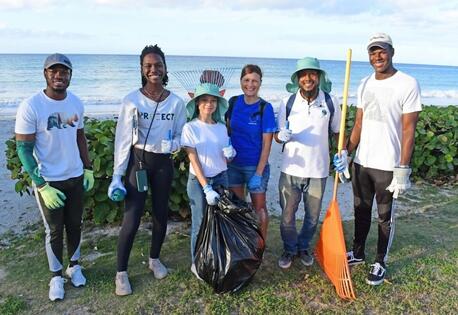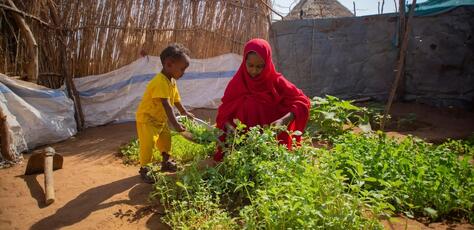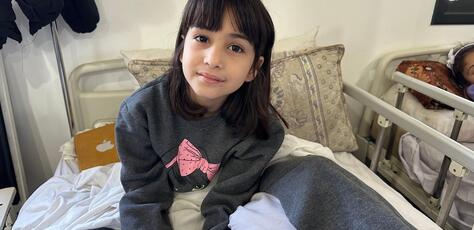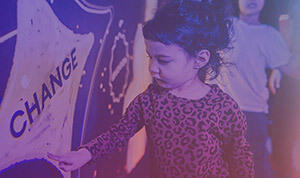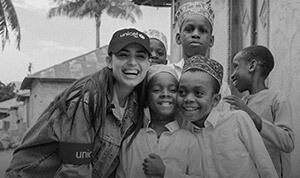LATEST:
Video file
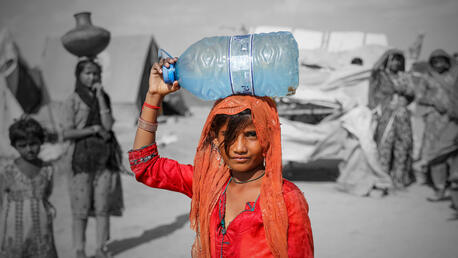
Help Children
Now
UNICEF is on the ground in 190 countries and territories, providing children with the lifesaving supplies and assistance they desperately need.

Paddington's Postcards
Send a special child in your life on an unforgettable visit every month!
Always There for Children in Crisis
Other organizations help children, but UNICEF does more by fighting for children’s rights and delivering the essentials every child needs for an equitable chance in life.
